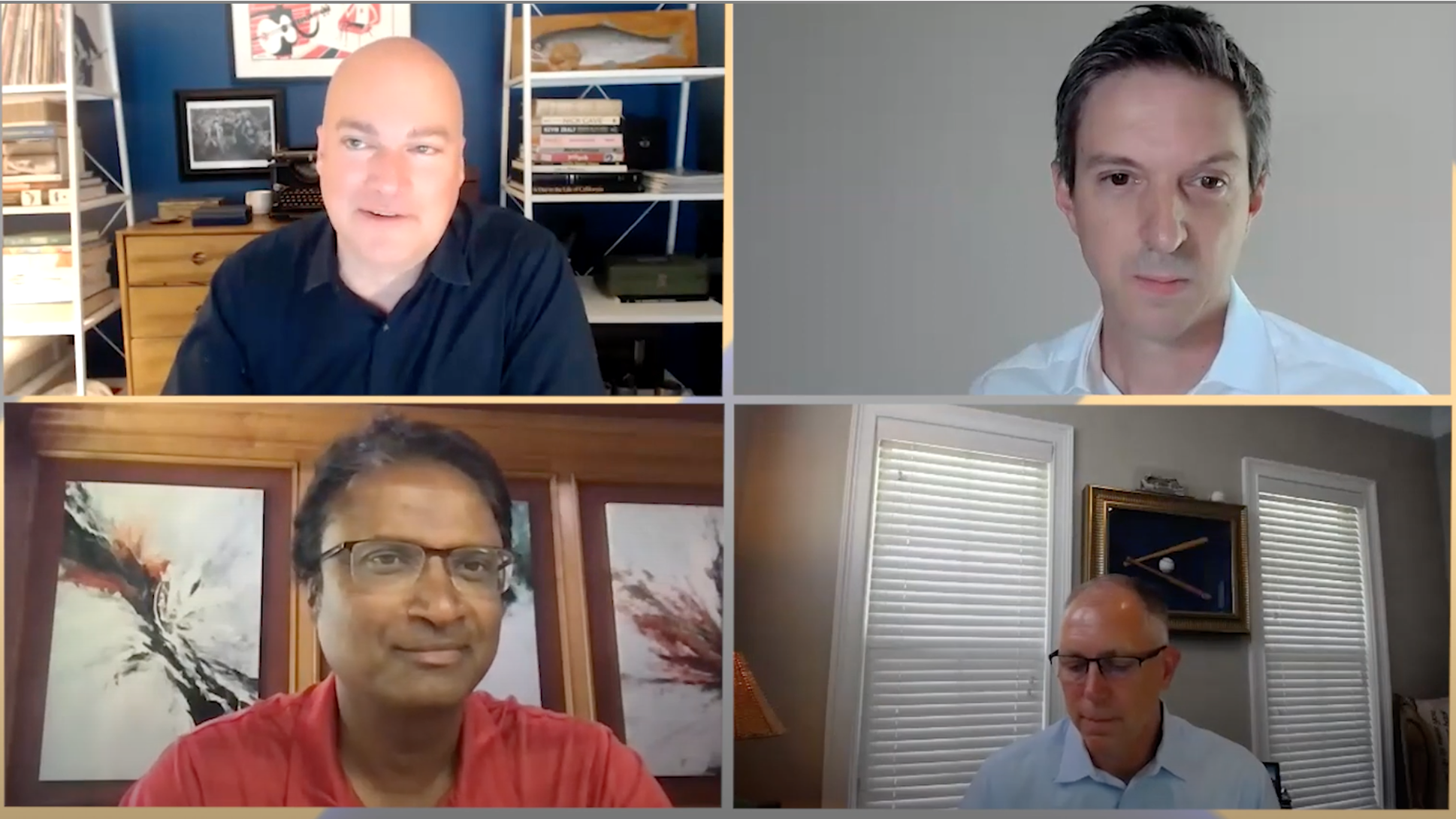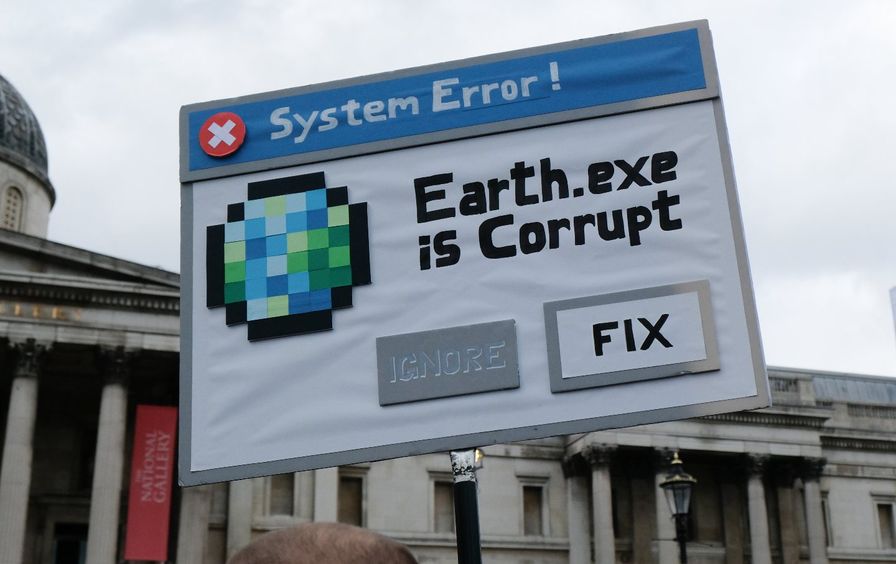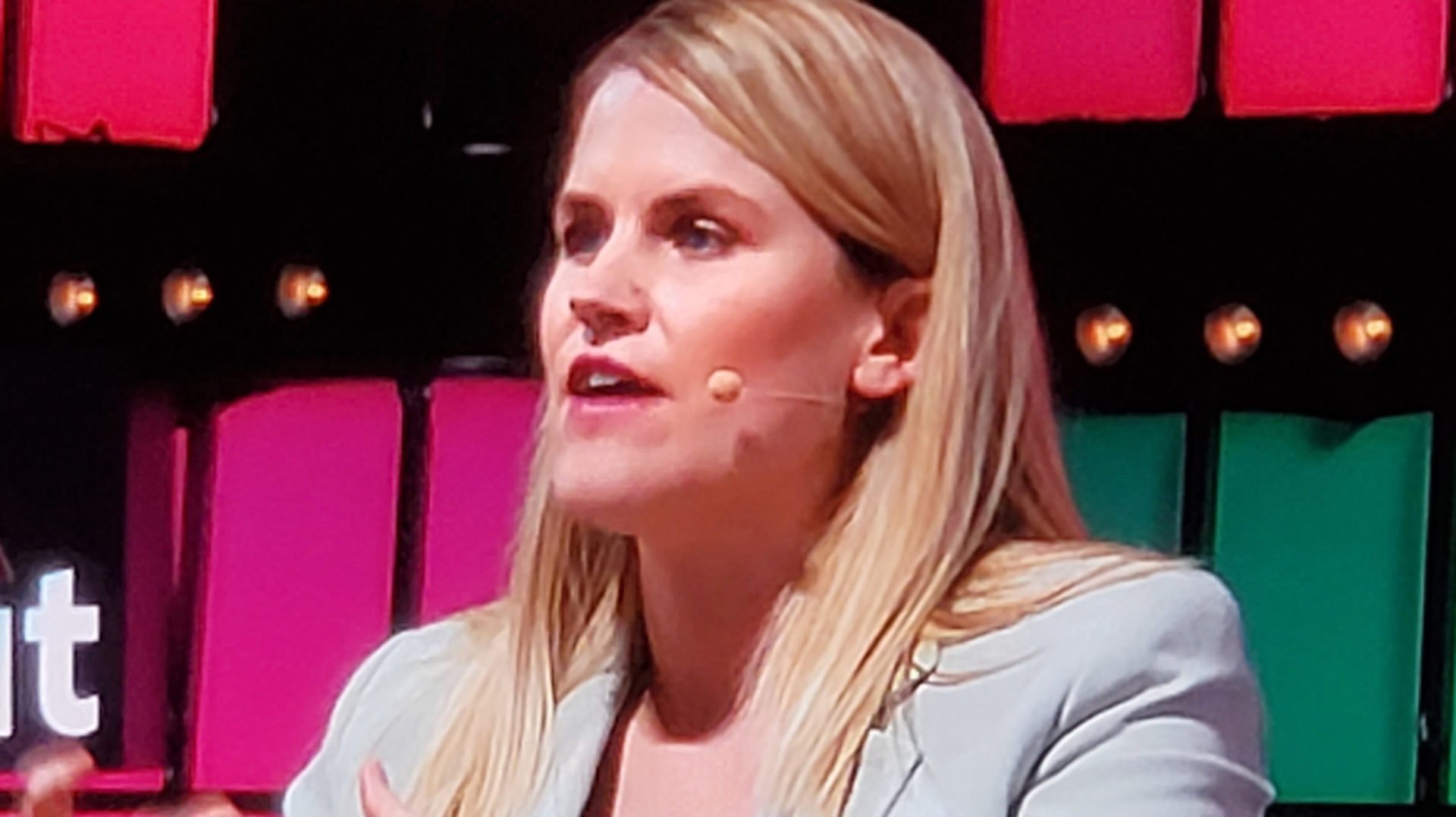 Are MOOCs all they’re cracked up to be?
Are MOOCs all they’re cracked up to be?
Over the past few years, the merits of massive open online courses (MOOCs) have been fiercely debated; some argue that they will radically expand and democratize higher education, while others say the hype is overrated. Unfortunately, early results have been disappointing, the New York Times reports.
A study released this month by the University of Pennsylvania Graduate School of Education found that only about half of those who registered ever viewed a lecture, with only about 4 percent completing a course.
Despite the potential for MOOCs in developing countries, another University of Pennsylvania survey found that 80 percent of those taking the university’s online courses had already earned a degree of some kind.
And, in a since-halted pilot program at San Jose State University students who took courses online did far worse than those who took the classes on campus.
So what’s next? Educators on both sides say MOOCs are here to stay, but innovation is needed to make them work. Universities are finally feeling the pressure to develop an Internet strategy that expands their offerings—without sacrificing academic quality or personal experience.
Rethinking Online Scholarship
Are MOOCs all they’re cracked up to be? Over the past few years, the merits of massive open online courses (MOOCs) have been fiercely debated; some argue that they will radically expand and democratize higher education, while others say the hype is overrated. Unfortunately, early results have been disappointing, the New York Times reports. A study released this month by the University of Pennsylvania Graduate School of Education found that only about half of those who registered ever viewed a lecture, with only about 4 percent completing a course.















